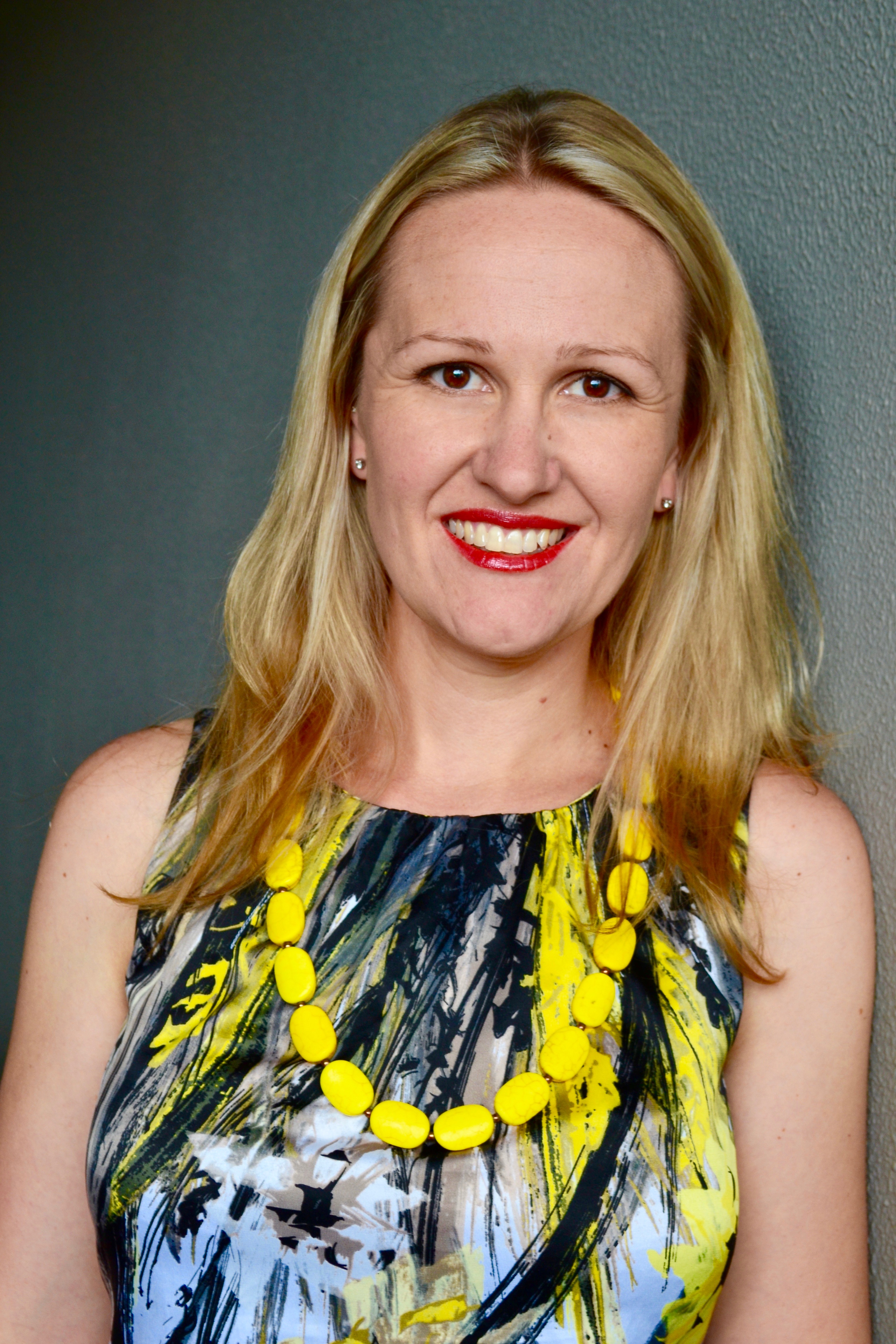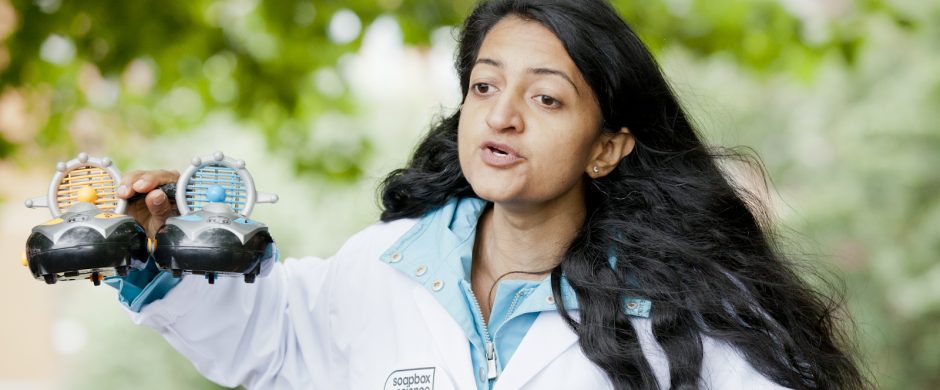 Dr Jessica Borger (@jessborger), Monash University, will be taking part in Soapbox Science Sydney on 10th August with the talk: “Designing superior killers of cancers”
Dr Jessica Borger (@jessborger), Monash University, will be taking part in Soapbox Science Sydney on 10th August with the talk: “Designing superior killers of cancers”
Soapbox Science: How did you get to your current position?
I took a longer road than most, having worked as a check-out chick, cleaner, waitress, pharmacy assistant and publican. I commenced my undergraduate studies as a mature age student at the age of 21, and upon graduating with first class honors in Medical and Pharmaceutical Biotechnology from the University of South Australia, I spent a year exploring the world. That one year, turned into eight and I didn’t start my PhD until the age of 30. As I didn’t want to stop travelling I undertook my PhD at University College London and then moved to the University of Edinburgh for my postdoctoral training. After becoming a mother and feeling increasingly responsible for the care of aging parents back in Australia, I returned in 2016 and started my Postdoctoral position at Monash University.
SS: What, or who, inspired you to get a career in STEMM?
I have been interested in science for as long as I can remember but I realized that I wanted to forge a career in science after I received a phone call from my Dad when I was overseas. At the time I had graduated but was working in a pub and backpacking. My Dad, always so stoic had tears in his voice and told me the news my mum had brain cancer. What always stuck with me from that phone call was when he pleaded ‘why are you wasting your time in this job when you could fix this?’
SS: What is the most fascinating aspect of your research/work?
Being able to ask questions and a most of the time being surprised and challenged by the answer. Although scientists perform hypothesis driven research, the body, its cellular composition and many of its biological process still remain a mystery. Simple questions often produce years of hard work to answer, most of the time sending you on all sorts of complex experimental journeys you did not foresee at the start. The feeling of triumph when you find an answer to your research questions, answers no one else has found yet, that never-ending thrill of the chase is what drives me.
SS: What attracted you to Soapbox Science in the first place?
Science communication is integral in both making groundbreaking scientific discoveries and in fostering an educated and secure community. In an era of fake news and a media that over-sensationalise science, innovation and technology platforms like Soapbox Science is breaking down common misconceptions and making science accessible within the public realm. Soapbox Science is giving a platform and voice to engaging, enigmatic and passionate scientists to participate in scientific discussions with the public to excite them about scientific discoveries, dissipate any of their fears, answer questions about what may seem the unknown, be challenged and importantly have fun. Most importantly, it will showcase the amazing science in Australia being driven by successful women.
SS: Sum up in one word your expectations for the day
Inspirational
SS: If you could change one thing about the academic/research culture right now, what would it be?
The funding climate for academic research is disheartening. I read an article recently that said we should remove the ‘S’ from STEM as there were too many science graduates. I was horrified that this should be the answer. Why should we be dissuading people from their passions when the answer lies in the government providing vastly greater financial support to research, technology and innovation. It takes significant investment to ensure experienced researchers are retained and not lost to other sectors or other countries and importantly for Australia’s future, to encourage students to study science for the betterment of Australia’s public health and economy.
SS: What would be your top recommendation to a woman studying for a PhD and considering pursuing a career in academia?
Be authentic and don’t loose track of why you want to study science and what you want to contribute in the future. Importantly, although academia is highly competitive remember you are a unique product of your own passions, drive and opportunities, so focus on being competitive with yourself and no one else and this will ensure you and your science will be the best they can be.
